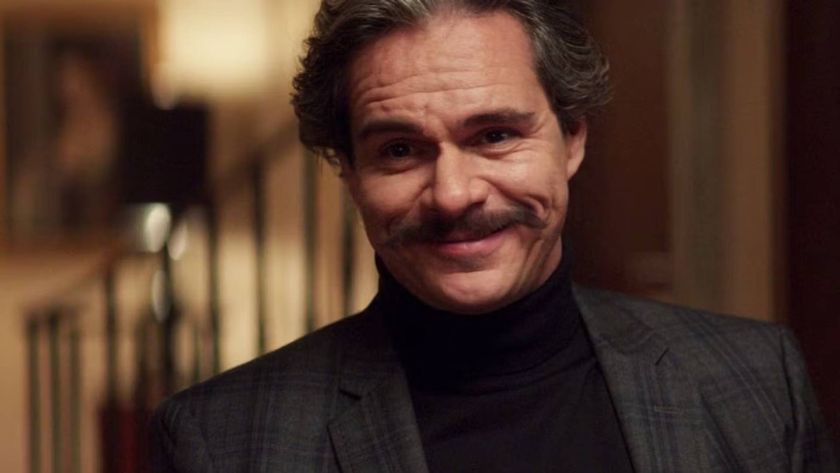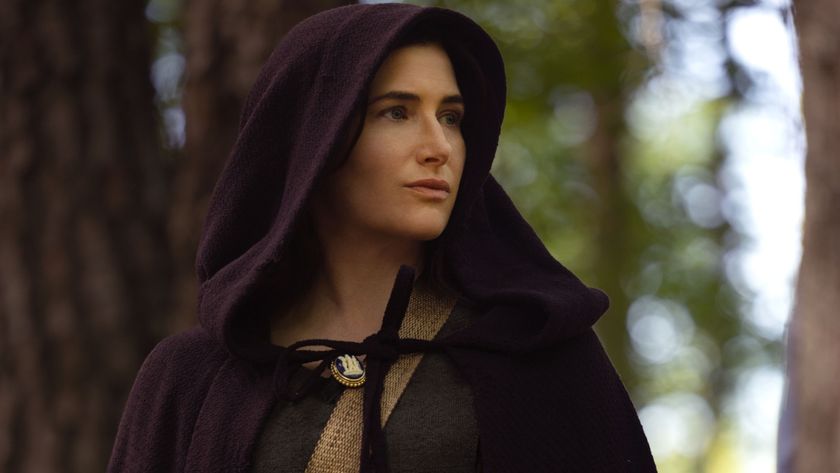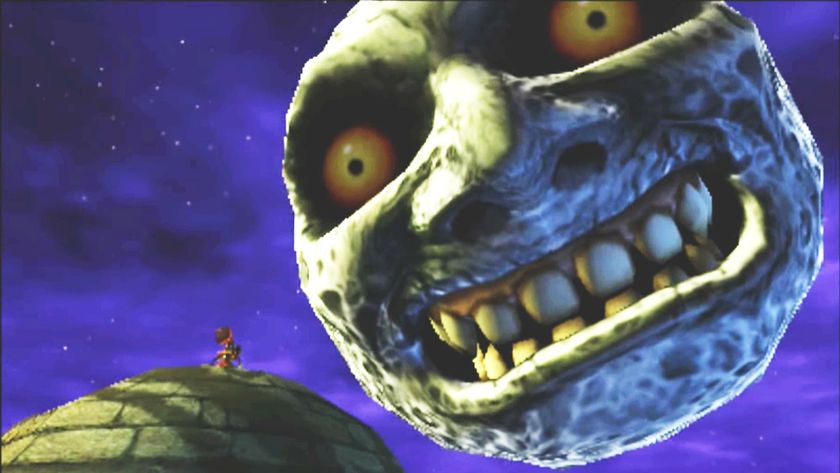Marvel Studios puts Echo in the Spotlight - and draws a connection to a classic comic
Marvel Spotlight was the anthology comic that launched Ghost Rider and Werewolf By Night
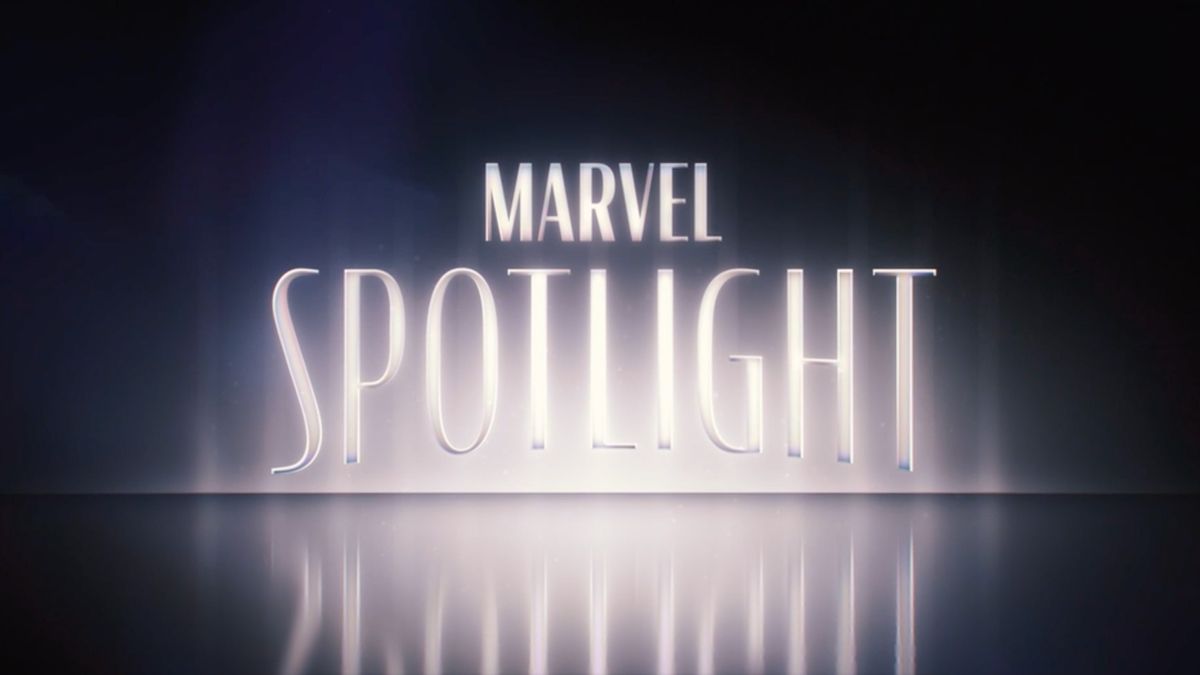
Marvel Studios released the first trailer for the upcoming Echo streaming series on Friday - a bone-crunching clip that went big on the violence, setting out the show's stall as the MCU's first TV-MA rated show.
That's not the only thing that's a little bit different about Echo. It was announced shortly afterwards that the series will be the first release under the newly-formed Marvel Spotlight banner.
This is interesting for a couple of reasons. From a TV point of view it marks the show out as something new. Marvel Studios' head of streaming, Brad Winderbaum described Spotlight as, "A platform to bring more grounded, character-driven stories to the screen, and in the case of Echo, focusing on street-level stakes over larger MCU continuity."
That's a smart move and one that may appeal to an audience looking for something a little different to the usual superhero fare. As a side note, it also sounds intriguingly close to what Netflix were doing with their plethora of Marvel shows like Daredevil and Jessica Jones a few years back.
But Marvel Showcase is also a name with comics history, and one that may have implications for what the studio is hoping to achieve with Echo...
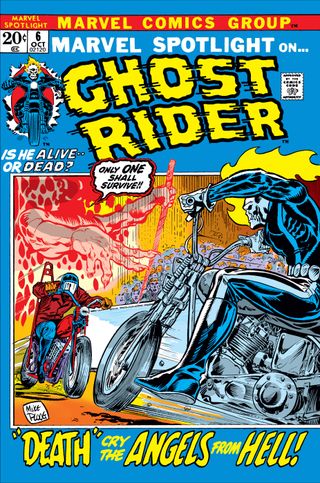
If the name Marvel Spotlight sounds familiar, that's because it was also the title of an anthology comic which ran for 33 issues from 1971 to 1977.
Each issue of Spotlight focused on a new or lesser-known character, giving them the chance to shine. Some big name heroes made either their first ever or very early appearances in the comic, including Werewolf By Night (who debuted in Marvel Showcase #2), Ghost Rider (#5), and Moon Knight who had one of his earliest stories in #28-#29.
Comic deals, prizes and latest news
Get the best comic news, insights, opinions, analysis and more!
Spotlight also had a pragmatic function for the publisher. Like the similarly-intended Marvel Feature and Marvel Premiere, it was designed as a showcase or "try out" book, designed to trial new characters on the comics-reading public without the risk and expense of launching a whole new series. And in that it succeeded - many of these characters are still around today.
A second run of Marvel Spotlight was launched in 1979. This had a slightly different reason for being, being mainly used to publish unused inventory stories from the recently-cancelled Captain Marvel. Other heroes did appear in the second volume, but only one issue featured a new character - Dragon Lord Tako Shamara. The series ended after just 11 issues.
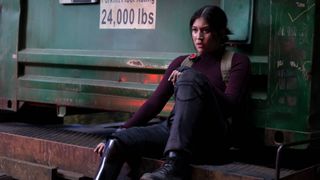
So what does that mean for the Echo TV show?
Well, first off the Spotlight name has almost certainly been chosen primarily for its directness and simplicity. Although Echo will have links back to Hawkeye and, with the presence of Vincent D'onofrio's Wilson Fisk, the past and future Daredevil shows, it's intended to showcase Alaqua Cox's Maya Lopez and this new, tougher direction for the MCU. Putting it out under the Spotlight name immediately sets out that this is something different to the other shows on Disney Plus.
At the same time it is also a concrete link to the comic, with Winderbaum openly referencing it in the announcement. He said: "Just like comics fans didn't need to read Avengers or Fantastic Four to enjoy a Ghost Rider Spotlight comic, our audience doesn't need to have seen other Marvel series to understand what's happening in Maya's story."
OK, so it's not an anthology in the same way that the comic was, but it does seem like future Spotlight shows will fulfil the same function: trialling characters before promoting the more popular ones to the big league MCU movies.
It will be interesting to see if the experiment pays off. We'll find out for certain when every episode of Echo lands on Disney Plus on January 10, 2024.
Discover how Echo's comic book origins could have a lot to say about her MCU future.

Will Salmon is the Comics Editor for GamesRadar/Newsarama. He has been writing about comics, film, TV, and music for more than 15 years, which is quite a long time if you stop and think about it. At Future he has previously launched scary movie magazine Horrorville, relaunched Comic Heroes, and has written for every issue of SFX magazine for over a decade. He sometimes feels very old, like Guy Pearce in Prometheus. His music writing has appeared in The Quietus, MOJO, Electronic Sound, Clash, and loads of other places and he runs the micro-label Modern Aviation, which puts out experimental music on cassette tape.
Most Popular







